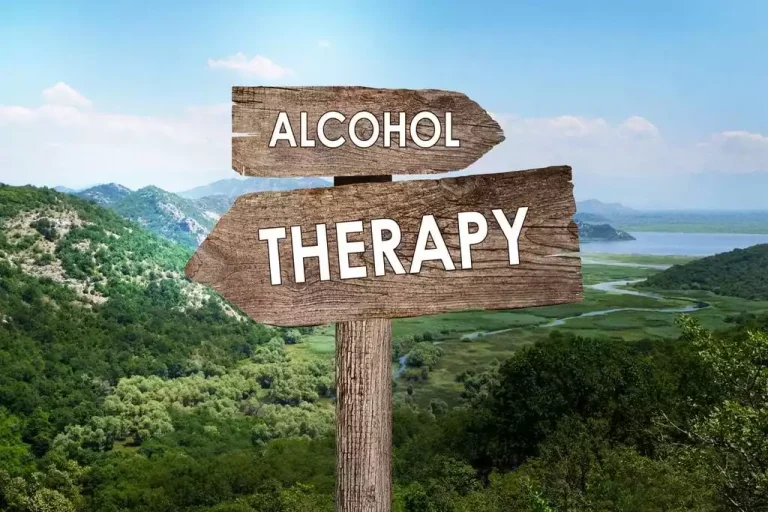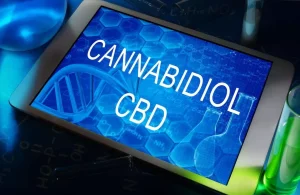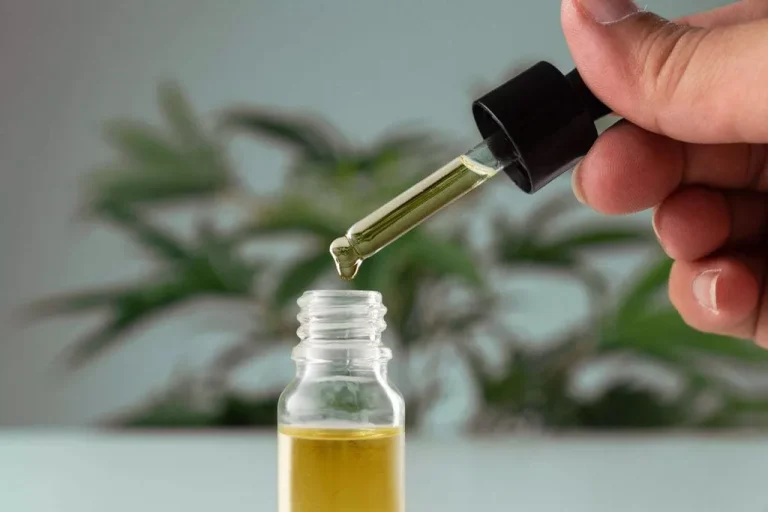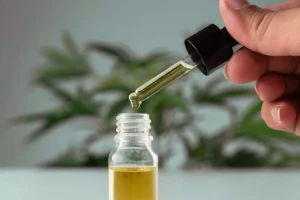
This is particularly true for people in recovery from alcohol or drugs. Explore the feeling of gratitude in recovery and its powerful ripple effect on addiction healing and relationships. Another possible mechanism is the social capital hypothesis, which suggests that gratitude strengthens social bonds, leading to a more supportive social network. This increased social support can help buffer individuals from the harmful effects of stress and promote overall mental health. While Thanksgiving is a time for reflection, practicing gratitude shouldn’t be just seasonal. Being grateful and expressing thankfulness all year can help reduce stress, improve your relationships, and prepare you for life’s challenges.
- It allows you to appreciate what you have instead of dwelling on your difficulties.
- Research has shown how important it is to express gratitude (if you want to be happy).
- Feeling grateful triggers positivity that reflects in your subconscious mind influencing your behavior towards people around you.
- If individuals are grateful to be on the road to recovery, then it’s less likely they will relapse because they are empowered to move forward.
Do I Have Alcoholic Parents?
If individuals are grateful to be on the road to recovery, then it’s less likely they will relapse because they are empowered to move forward. A grateful attitude means they can face the challenges that are before them. Although issues may arise, they view it as a chance to grow rather than an obstacle.
Assessing the Need: Do I Really Need Rehab?
The FHE Health team is committed to providing accurate information that adheres to the highest standards of writing. This is part of our ongoing commitment to ensure FHE Health is trusted as a leader in mental health =https://ecosoberhouse.com/ and addiction care. You can simply feel grateful that you made it through or that you didn’t take your bad day out on anyone else.
Unveiling 4 Things About Relapse
Other studies have also shown that practicing gratitude can lead to increased feelings of well-being and a more positive outlook in life. It is easy to feel overwhelmed and pessimistic when living through the challenges of addiction recovery. However, maintaining a sense of gratitude can help you stay focused on what is important and find strength in difficult times. Research has shown how important it is to express gratitude (if you want to be happy). Positive psychology not only impacts your mental health, but physical, spiritual and social health too.

New Study Shows Alarming Information About Daily Adolescent Substance Use
- The good news is that gratitude is a mental outlook that can be developed and strengthened over time.
- Being able to recognize all those who help us get through life brings a sense of radiance into our everyday demeanor setting an example that paying it forward only leads to prosperity.
- Now that you know what practicing gratitude is and how it can help you, here are five easy ways to incorporate it into your recovery journey.
- Discover state-funded drug rehab in New York, eligibility, services, and vital resources for recovery.
- By focusing on what we have instead of what we don’t have, we can cultivate a mindset of gratitude that allows us to approach challenges with greater resilience and optimism.
The study of gratitude as a psychological construct began in earnest in the early 2000s. Since then, numerous studies have examined the effects of gratitude on mental health and wellness. The benefits of gratitude extend across various domains of psychological functioning, including emotional well-being, interpersonal relationships, and cognitive processes. From boosting happiness to reducing stress and depression, improving sleep quality, to strengthening relationships, gratitude has been shown to enhance our lives in countless ways.
You’ve already taken the first steps on the road to happiness, and over time, your gratitude, mental health and general outlook on life will all improve. Developing an attitude of gratitude comes easily for some and for others takes some practice and habit-building. However, no matter how you come by it, practicing gratitude in your daily life can transform it from one of doom and gloom to one of peace and alcoholism joy.
However, it also has specific benefits for alcohol use disorder (AUD). Discover why addiction is a family disease and its profound impact on relationships and recovery journeys. Furthermore, studies show that gratitude enhances empathy and reduces aggression towards others. As individuals become more grateful for what they have, they tend to appreciate others’ efforts and become less critical of them. Try to think of similar questions that may put a positive spin on negative experiences.

According to studies, gratitude and happiness are always strongly correlated. In one study, researchers asked one group to note the things they were grateful for. They then asked another group to write about the daily irritations or things that had displeased them. The third group was asked to write about the negative and positive events that affected them. After 10 weeks of study, those who wrote about gratitude were more optimistic and felt better about their lives. Explore powerful ways to take care of your mental health, from lifestyle habits to social support.

Private and Secluded Drug Rehab Los Angeles

Discover NIDA’s contributions to drug rehab, from innovative treatments to improving addiction care access. Discover the four main triggers for relapse in recovery and learn how to strengthen your journey to sobriety. Discover essential ways to be supportive of recovery, from building a gratitude in recovery network to stress management techniques. Discover 4 important things about relapse, including causes, prevention strategies, and effective treatment options.
What Does Kratom Do to Your Kidneys? Effects Unraveled
It allows individuals to reclaim their self-worth and build a future free from the burdens of their past. For further insights into addressing guilt and shame during recovery, explore our article on sometimes you fake it until you make it in recovery. Gratitude plays a significant role in emotional healing during addiction recovery.

Comment (0)